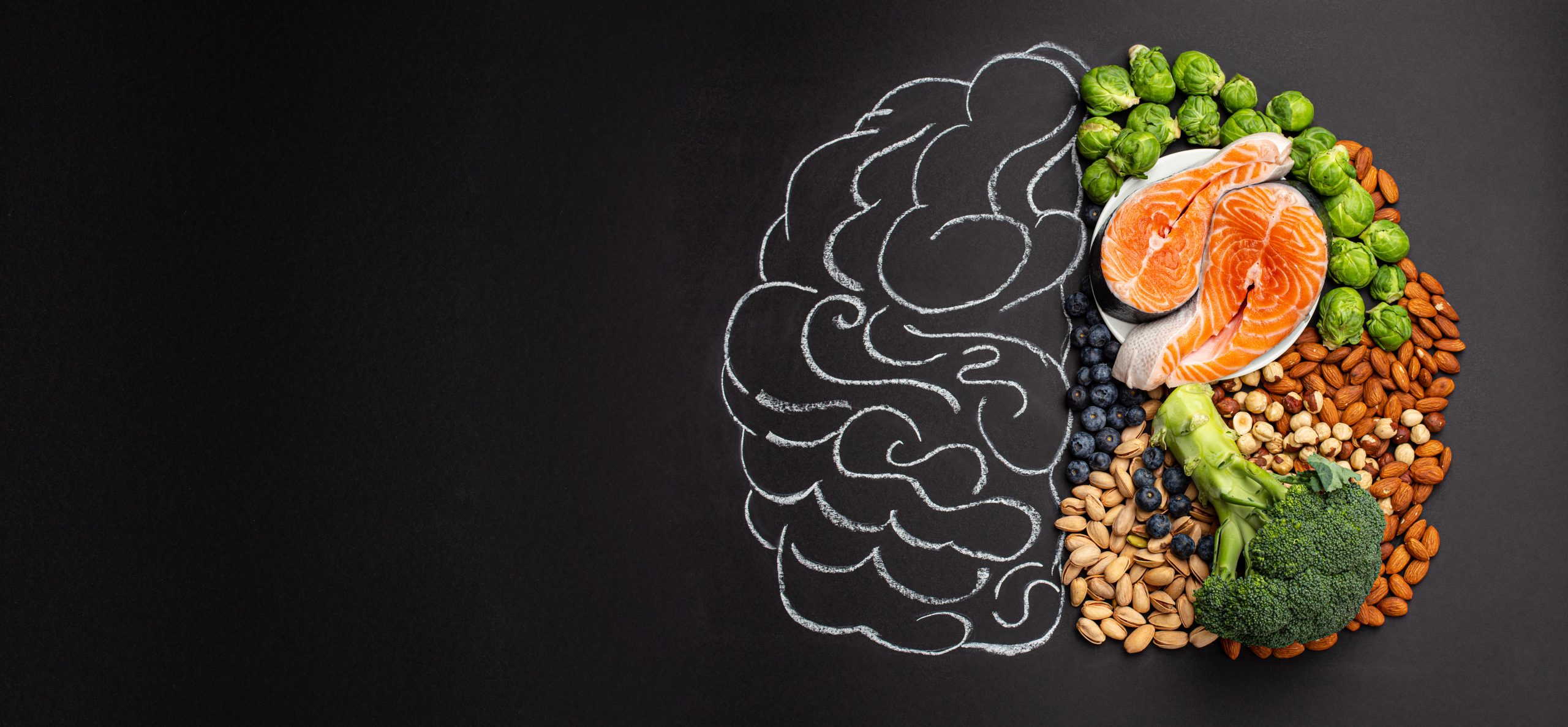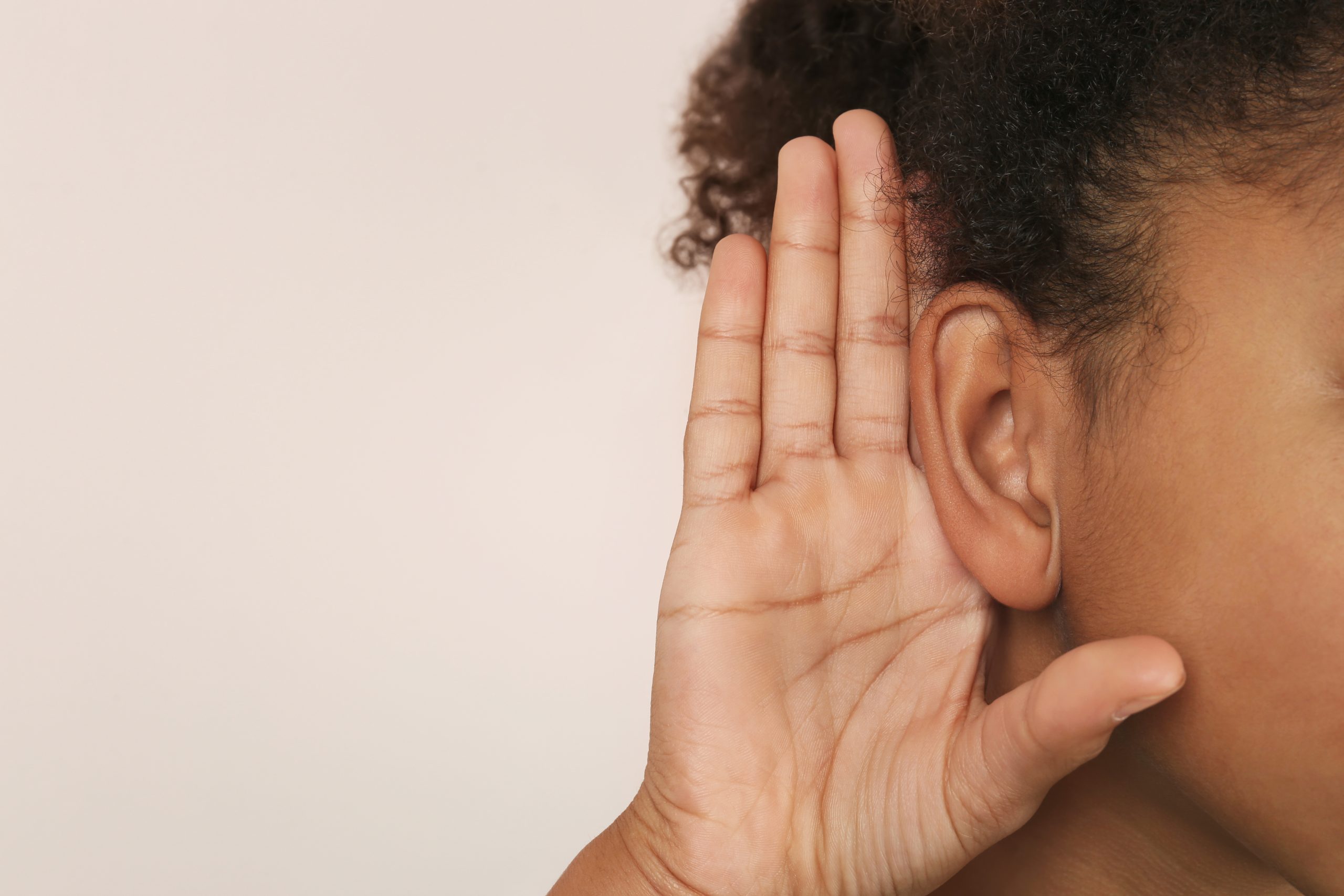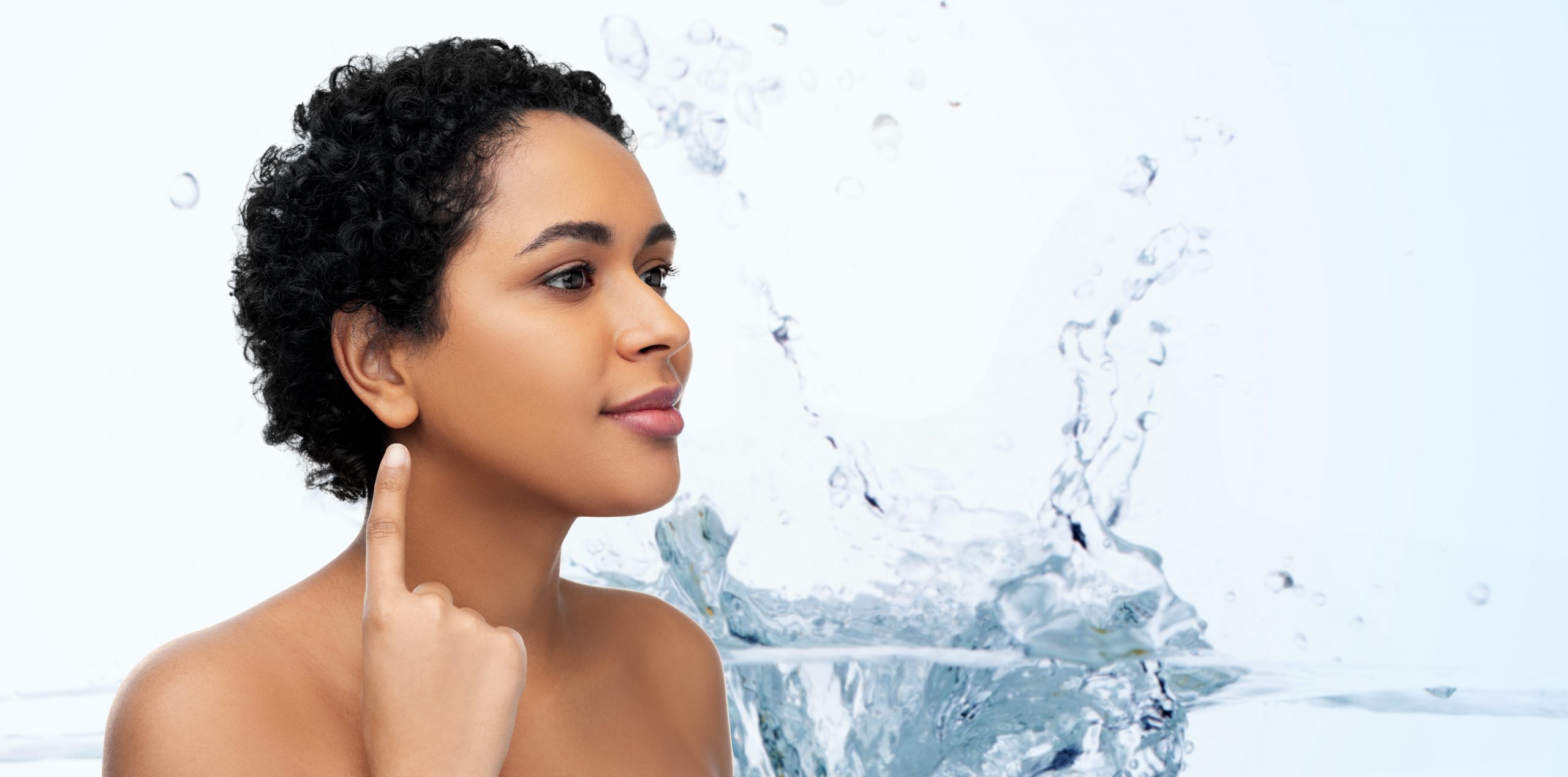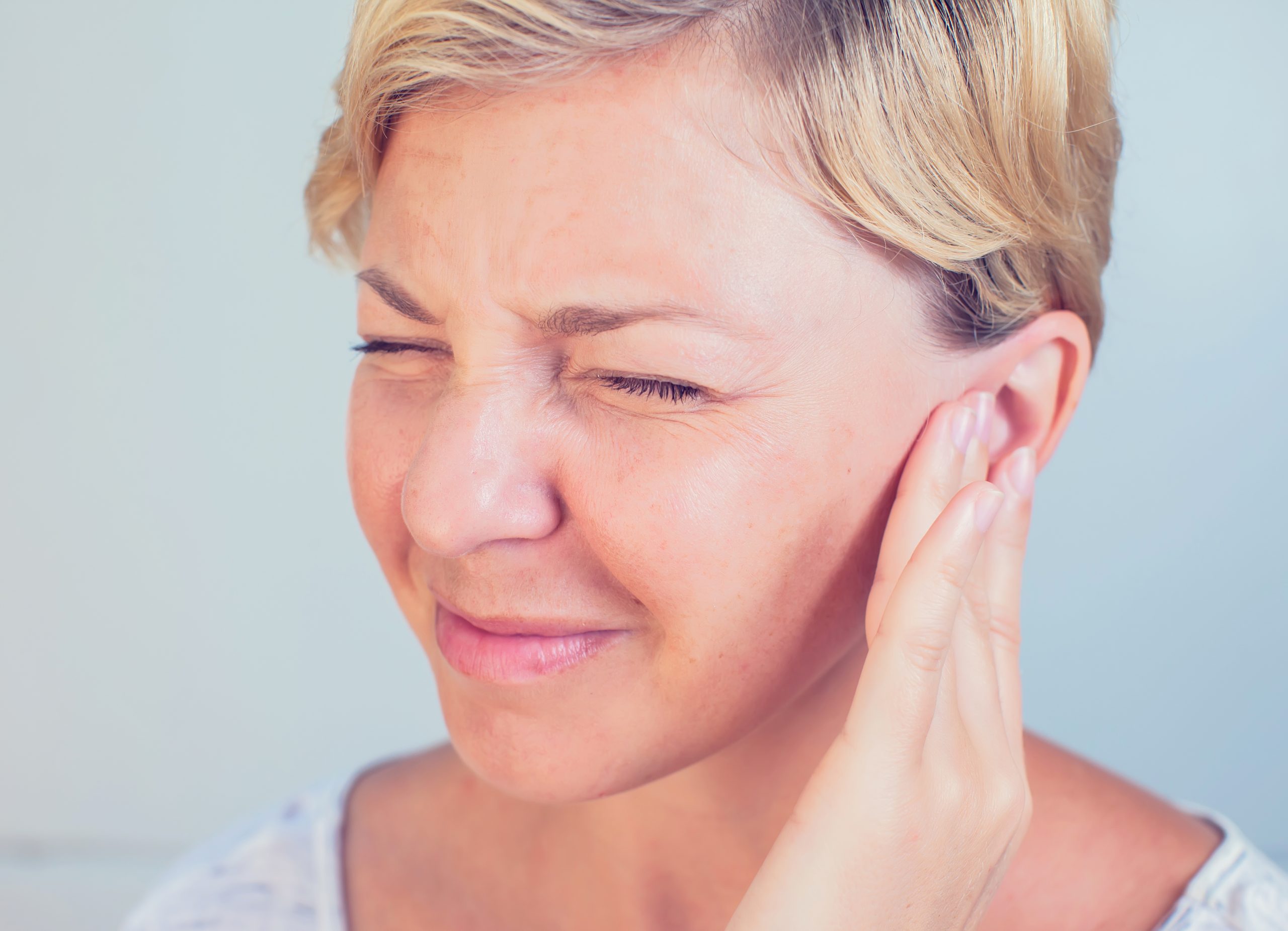When it comes to maintaining good health, we often think about exercise, proper sleep, and a balanced diet. While many of us understand the importance of diet for our overall well-being, we may not realize that our dietary choices can also impact our hearing health. A healthy diet can play a significant role in promoting optimal hearing and preventing hearing loss. In this article, we’ll explore the role of diet in promoting hearing health.
- Antioxidants
Antioxidants are compounds that help protect our cells from damage caused by harmful molecules called free radicals. Research suggests that free radicals can contribute to age-related hearing loss and other hearing problems. Including foods rich in antioxidants in your diet can help combat this damage and promote better hearing health. Some excellent sources of antioxidants include fruits and vegetables such as berries, leafy greens, citrus fruits, and bell peppers.
- Omega-3 Fatty Acids
Omega-3 fatty acids are healthy fats that have been shown to have numerous benefits for overall health, including promoting heart health and reducing inflammation. Some studies suggest that omega-3 fatty acids may also have a protective effect on hearing health. Foods rich in omega-3 fatty acids include fatty fish like salmon, sardines, and trout, as well as walnuts, chia seeds, and flaxseeds.
- Magnesium
Magnesium is a mineral that plays a vital role in various bodily functions, including nerve function and blood circulation. Research has shown that magnesium deficiency may be associated with an increased risk of noise-induced hearing loss. Including magnesium-rich foods in your diet can help support healthy hearing. Good sources of magnesium include green leafy vegetables, nuts and seeds, legumes, and whole grains.
- Vitamin C
Vitamin C is a powerful antioxidant that helps protect the body against oxidative stress. Some studies have suggested a potential link between vitamin C and hearing health. Vitamin C-rich foods, such as oranges, strawberries, kiwis, and bell peppers, can help support the health of the tiny blood vessels in the inner ear, which are crucial for proper hearing function.
- Zinc
Zinc is a mineral that plays a role in numerous bodily processes, including immune function and wound healing. Some research suggests that zinc may also have a positive impact on hearing health. Zinc helps support the immune system, which can help protect against ear infections that may contribute to hearing loss. Good sources of zinc include oysters, beef, poultry, nuts, and legumes.
- Limiting Processed and Sugary Foods
While it’s important to focus on including nutrient-rich foods in your diet for better hearing health, it’s equally important to limit the consumption of processed and sugary foods. These types of foods are often high in unhealthy fats, refined sugars, and salt, which can contribute to inflammation, poor blood circulation, and other health issues that may affect hearing. Instead, opt for whole, unprocessed foods and minimize the intake of sugary snacks, sodas, and processed snacks.
In conclusion, a healthy diet can play a significant role in promoting optimal hearing health. Including antioxidant-rich foods, omega-3 fatty acids, magnesium, vitamin C, and zinc in your diet can help protect against hearing loss and support overall auditory function. Additionally, limiting processed and sugary foods can help prevent inflammation and other health issues that may negatively impact hearing. By adopting a well-rounded, nutrient-dense diet, you can take proactive steps to support your hearing health and preserve your auditory abilities as you age.





